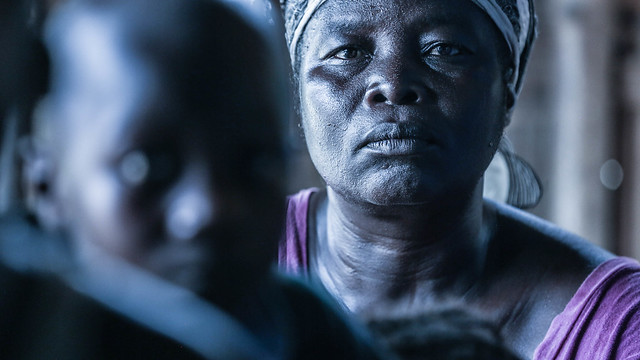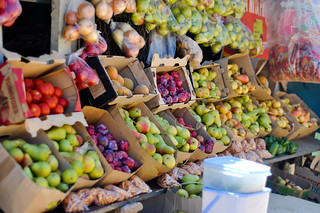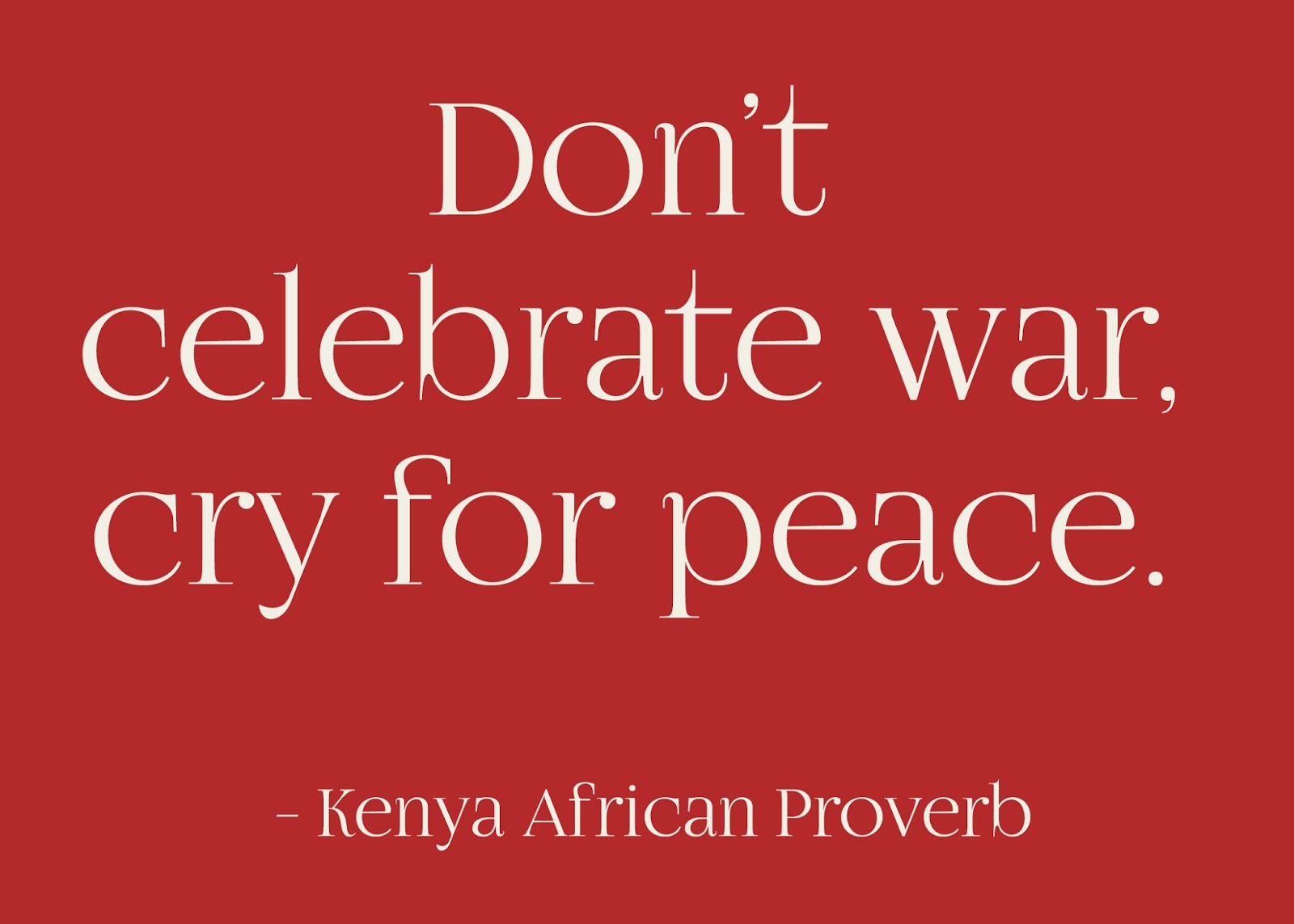Baobab the Tree God planted upside-down
Baobab the Tree God planted upside-down anecdotes, myths, and legends.
 |
| Baobab the Tree God planted upside-down |
Common names for the baobab tree are cream of tartar tree, monkey-bread tree, tabaldi, and mowana.
Why is the baobab tree called the upside down tree?
The gigantic trunk of the baobab tree leads upwards to branches resembling the roots of a tree, which is why it has often been referred to as the upside-down tree.
The baobab is also known as the tree of life. It is also legendary for its gigantic size growing to more than 70 feet high and 35 feet in diameter, its canopy spreading to 235 feet.
Baobab legend
Baobabs provide food, water, shelter and belief water collected from the seeds, leaves, and roots relieve sickness.
Baobab proverb
“Wisdom is like a baobab tree; no one individual can embrace it.”
Baobab myth
Some African tribes believe if you drink water in which a baobabs’ seeds have been soaked you will be safe from crocodile attacks.
Seven Baobab Facts
Baobab trees live to be 1275 years old, making it one of the oldest known trees.
The Baobab tree is a strange looking tree that grows in low-lying areas in Africa and Australia.
It can grow to enormous sizes and carbon dating indicates that they may live to be 3,000 years old.
One ancient hollow Baobab tree in Zimbabwe is so large that up to 40 people can shelter inside its trunk.
Various Baobabs have been used as a shop, a prison, a house, a storage barn, and a bus shelter.
The tree is certainly very different from any other.
The trunk is smooth and shiny, not at all like the bark of other trees, and it is pinkish grey or sometimes copper colored.
































